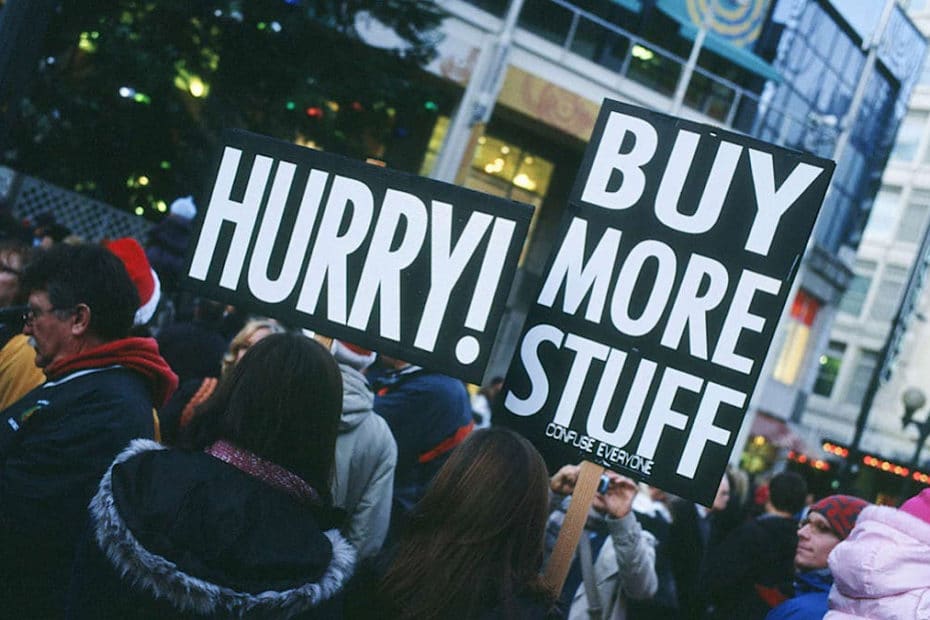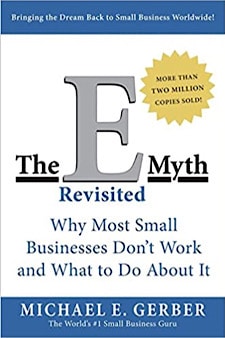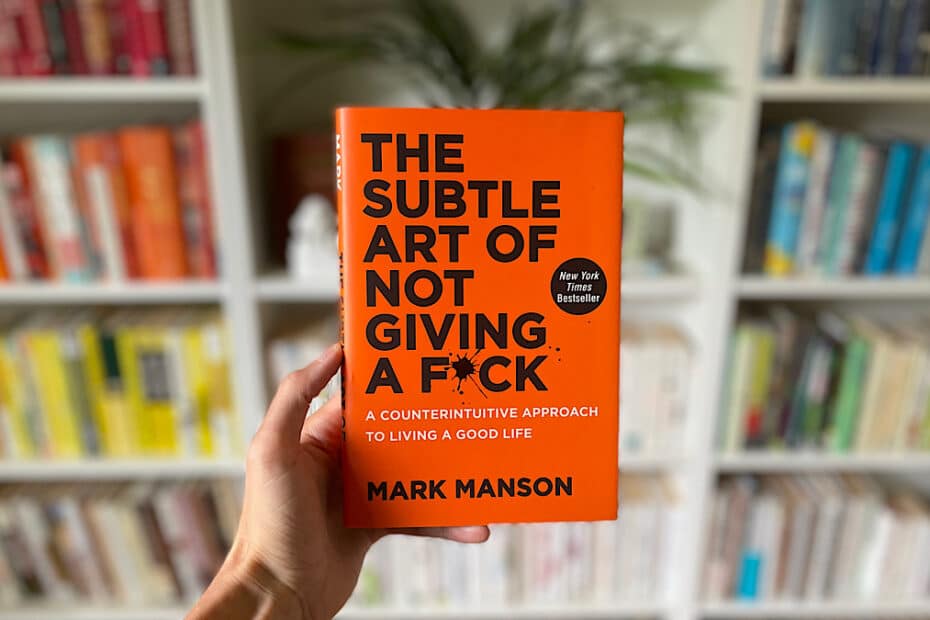“Income taxes are not the only taxes you pay in life. They are just the financial form. Everything we do has a toll attached to it. Waiting around is a tax on traveling. Rumors and gossip are the taxes that come from acquiring a public persona. Disagreements and occasional frustration are taxes placed on even the happiest of relationships. Theft is a tax on abundance and having things that other people want. Stress and problems are tariffs that come attached to success. And on and on and on. There are many forms of taxes in life. You can argue with them, you can go to great—but ultimately futile—lengths to evade them, or you can simply pay them and enjoy the fruits of what you get to keep.”
Ryan Holiday, The Daily Stoic (Page 117)
“Money supports our commitment to the practice. Money permits us to turn professional, to focus our energy and our time on the work, creating more impact and more connection, not less. And more importantly, money is how our society signifies enrollment. The person who has paid for your scarce time and scarce output is more likely to value it, to share it, and to take it seriously.”
Seth Godin, The Practice (Page 108)
“Ever wonder what God thinks of money? Just look at the people he gives it to.”
Anne Lamott, Bird by Bird, via The Daily Stoic (Page 60)
“I had a thousand dollars in my bank account. It felt strange just to think that, let alone say it. A thousand dollars. Extra. That I did not immediately need. It took weeks for me to come to terms with this fact, but as I did, I began to experience the most powerful advantage of money: the ability to think of things besides money.”
Tara Westover, Educated (Page 207)
“Money only marginally changes life. It doesn’t solve the problems that people without it seem to think it will. In fact, no material possession will. External things can’t fix internal issues.”
Ryan Holiday, The Daily Stoic (Page 31)
Money, like all life, is an energy exchange. You give yourself over to whatever you’re passionate about, and what comes back to you is energy in the form of monetary compensation. You attract more or less of what you want by how you choose to interact with it, as well as what you believe about yourself. Do you truly feel you deserve what you’re asking for? Are you worth it? How you answer impacts what comes your way.”
Alicia Keys, More Myself (Page 81)
50 Materialism Quotes to WAKE YOU UP From The Nightmare of More
Excerpt: Consumer culture is so good at making us want more. Read our 50 materialism quotes to WAKE UP from that nightmare and learn to live better.
Read More »50 Materialism Quotes to WAKE YOU UP From The Nightmare of More
Ryan Holiday Quote on Questions and How The Best Questions Lead To The Best Answers
“Tim Ferriss always seems to ask the best questions: What would this look like if it were easy? How will you know if you don’t experiment? What would less be like? The one that hit me the hardest, when I was maybe 25, was, ‘What do you do with your money?’ My answer at the time was ‘Nothing, really.’ Okay, so why try so hard to earn lots more of it?”
Ryan Holiday, Medium
Beyond the Quote (269/365)
The first and last questions listed above were the ones that hit me the hardest: “What would this look like if it were easy?” and “What do you do with your money?” The thing about asking better questions is that they lead to better answers. When you can become the person who asks “the best questions” then you’ll inevitably start getting the best answers—answers that never occur to most people because their minds aren’t even looking in the right places. And the people with the best answers are the ones who almost always get the best results.
Read More »Ryan Holiday Quote on Questions and How The Best Questions Lead To The Best Answers“Following your genuine intellectual curiosity is a better foundation for a career than following whatever is making money right now.”
Naval Ravikant, Medium
Witt Lowry Quote on Happiness and Why You Need To Free Yourself From Materialism
“If you’re not happy, you’re forever in debt.”
Witt Lowry, Debt
Beyond the Quote (228/365)
Debt is something, typically money, that’s owed. When you borrow $20 from your friend, you’re in debt to them. Until you pay them back, you will have that debt weighing on your shoulders. That’s why repaying a debt is such a gratifying, lightening feeling. You’re lightening the worry of your load. But, what about the debts that we imaginarily create in our minds? Sounds ridiculous, right? But, think about it.
Read More »Witt Lowry Quote on Happiness and Why You Need To Free Yourself From MaterialismOg Mandino Quote on Happiness and How It Is A Gift—Not A Desire
“So long as I can laugh never will I be poor. This, then, is one of nature’s greatest gifts, and I will waste it no more. Only with laughter and happiness can I truly become a success. Only with laughter and happiness can I enjoy the fruits of my labor. Were it not so, far better would it be to fail, for happiness is the wine that sharpens the taste of the meal. To enjoy success I must have happiness, and laughter will be the maiden who serves me.”
Og Mandino, The Greatest Salesman in the World
Beyond the Quote (218/365)
Laughter and happiness isn’t something that you save for later. Nor is it something that you should have to pay for or have to work to achieve. It’s not hidden in some exotic destination. And it’s not found in a designer store nor is it unlocked with a blue checkmark on a social platform. Laughter and happiness is, as Mandino points out above, “one of nature’s greatest gifts.” It’s a gift that has already been given to you. It is given to everyone at birth. You can access it at any time. If you can’t access or unlock this gift, it isn’t because it isn’t there, it’s because you have become confused or have misplaced or forgotten about it.
Read More »Og Mandino Quote on Happiness and How It Is A Gift—Not A Desire“Never use a credit card for credit. The only kind of credit, or debt, that is acceptable is debt to acquire something whose exchange value is extremely likely to increase, like in a home. The exchange value of most things diminishes or vanishes the moment you purchase them. Don’t be in debt to losers.”
Kevin Kelly, Blog
“Friends are better than money. Almost anything money can do, friends can do better. In so many ways a friend with a boat is better than owning a boat.”
Kevin Kelly, Blog
The E-Myth Revisited [Book]
Book Overview: E-Myth \ ‘e-,’mith\ n 1: the entrepreneurial myth: the myth that most people who start small businesses are entrepreneurs 2: the fatal assumption that an individual who understands the technical work of a business can successfully run a business that does that technical work. Small business consultant and author Michael E. Gerber walks you through the steps in the life of a business—from entrepreneurial infancy through adolescent growing pains to the mature entrepreneurial perspective: the guiding light of all businesses that succeed—and shows how to apply the lessons of franchising to any business, whether or not it is a franchise. Most importantly, Gerber draws the vital, often overlooked distinction between working on your business and working in your business.
Buy from Amazon! Listen on Audible!
Not enough time to read entire books? Check out Blinkist and get the key insights from popular nonfiction books in a fraction of the time. ‘Busy’ isn’t an excuse.
Post(s) Inspired by this Book:
Naval Ravikant Quote on Freedom and Living Below Your Means
“People who live far below their means enjoy a freedom that people busy upgrading their lifestyles can’t fathom.”
Naval Ravikant
Beyond the Quote (184/365)
Most people think that freedom is the absence of responsibility. But, when you look closely, the opposite is actually the case: freedom is a byproduct of responsibility. You can’t be free until you’ve taken proper responsibility for yourself and your life. You can’t even free up the mental resources needed to enjoy said freedom until you’ve covered the bases for your survival, right? How free are you really if you’re starving? How free can you possibly be if you’re without water? Is being free of a house freedom? Or is it a constant threat to your survival and a chronic cage of worry that haunts you? Let’s start by looking at the relationship between freedom and responsibility more closely.
Read More »Naval Ravikant Quote on Freedom and Living Below Your Means32 No Bullsh*t Mark Manson Quotes from The Subtle Art of Not Giving a F*ck
Excerpt: These quotes from The Subtle Art of Not Giving a F*ck are practical and sugar-coating free. Read for a powerful kick-in-the-ass.
Read More »32 No Bullsh*t Mark Manson Quotes from The Subtle Art of Not Giving a F*ck
“Monks and priests take vows of poverty because it will mean fewer distractions, and more room (literally) for the spiritual pursuit to which they have committed. No one is saying we have to go that far, but the more we own, the more we oversee, the less room we have to move and, ironically, the less still we become. Start by walking around your house and filling up trash bags and boxes with everything you don’t use. Think of it as clearing more room for your mind and your body. Give yourself space. Give your mind a rest. Want to have less to be mad about? Less to covet or be triggered by? Give more away.”
Ryan Holiday, Stillness is the Key (Page 210)
“No one dogged by creditors is free. Living outside your means is not glamorous. Behind the appearances, it’s exhausting. It’s also dangerous. The person who is afraid to lose their stuff, who has their identity wrapped up in their things, gives their enemies an opening. They make themselves extra vulnerable to fate.”
Ryan Holiday, Stillness is the Key (Page 209)
“Mo’ money, mo’ problems, and also mo’ stuff, less freedom.”
Ryan Holiday, Stillness is the Key (Page 209)
“More does nothing for the one who feels less than, who cannot see the wealth that was given to them at birth, that they have accumulated in their relationships and experiences. Solving your problem of poverty is an achievable goal and can be fixed by earning and saving money. No one could seriously claim otherwise. The issue is when we think these activities can address spiritual poverty.“
Ryan Holiday, Stillness is the Key (Page 124)


